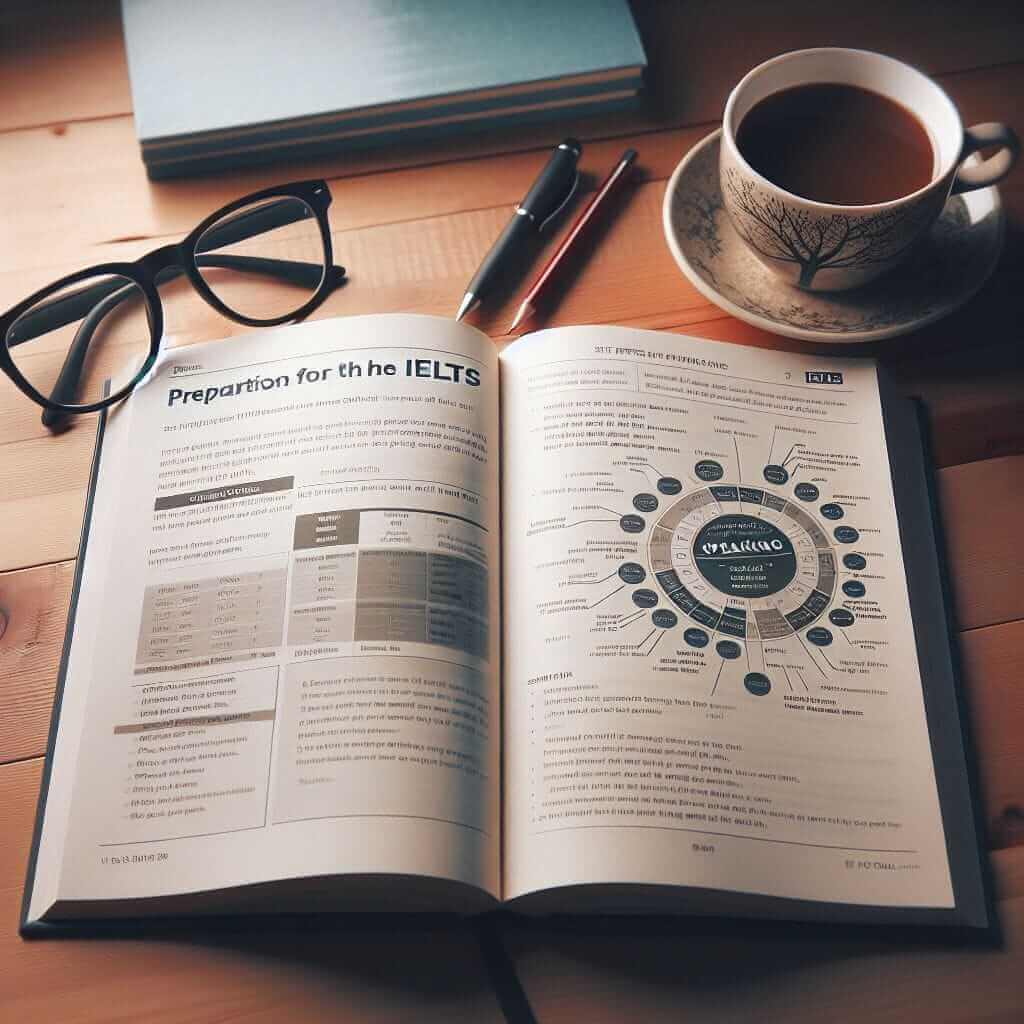As an IELTS instructor with over 20 years of experience, I’ve encountered countless “Is family important in your country?” IELTS Speaking questions. This common topic can seem deceptively simple, but it requires a nuanced understanding of cultural values and the ability to articulate them effectively.
This guide will delve into why this question arises in the IELTS Speaking test, provide you with vocabulary and structures to effectively answer it, and equip you with strategies to confidently tackle similar culturally-focused questions.
Understanding the “Family” Question in IELTS Speaking
The IELTS exam evaluates your ability to communicate effectively in English, and part of this involves demonstrating your grasp of social and cultural contexts. Questions about family are designed to assess:
- Lexical Resource (Vocabulary): Can you use a range of vocabulary related to family, relationships, traditions, and values?
- Grammatical Range and Accuracy: Can you form complex sentences accurately when discussing these topics?
- Coherence and Cohesion: Can you present your ideas logically and connect them using appropriate linking words and discourse markers?
- Fluency and Pronunciation: Can you speak smoothly and clearly while expressing your thoughts on family and cultural values?
Crafting Your Response: Content and Structure
1. Acknowledge the Importance:
Begin by acknowledging the significance of family in your country.
- Example: “Absolutely, family plays an integral role in my country, [Your Country]. It’s the foundation of our society…”
2. Explain Why Family is Important:
Provide specific reasons why family holds such value. Consider:
- Traditional Values: Do strong family ties stem from tradition or cultural norms?
- Example: “We have a strong tradition of filial piety, which emphasizes respect for elders and family unity.”
- Social Support System: Does family provide a safety net during challenging times?
- Example: “Families offer essential support, both emotionally and financially, particularly in times of need.”
- Passing Down Values: Is family seen as the primary way to transmit values to future generations?
- Example: “Values like respect, honesty, and hard work are often instilled from a young age within the family unit.”
3. Provide Concrete Examples:
Support your claims with real-life examples to make your answer relatable and engaging. You can talk about:
- Family Gatherings: Do you have regular family gatherings or celebrations?
- Extended Family: How closely do you interact with extended family members?
- Specific Traditions: Are there unique family traditions that demonstrate the importance of family?
4. Address Changing Trends (Optional):
You can briefly mention if there are any evolving trends in family structures or dynamics.
- Example: “While the traditional family structure remains prevalent, we’re also seeing a rise in single-parent households and smaller families.”
5. Conclude Concisely:
Summarize your main point and provide a clear ending to your response.
- Example: “So yes, family is deeply important in my country, shaping our values and providing a strong sense of belonging.”
Example Answer:
“Absolutely, family plays an integral role in my country, Vietnam. It’s the bedrock of our society and deeply ingrained in our culture. One reason for this is the emphasis on filial piety, a core value that stresses respect for elders and family unity. This often translates to children living with their parents even after marriage, fostering close-knit family units. We also have a tradition of celebrating major holidays together, like Tết, our Lunar New Year. These gatherings are a testament to the importance we place on family bonds. While modern life is leading to some changes, the core values of family remain strong in Vietnam.”
 Vietnamese Family Celebrating Tet
Vietnamese Family Celebrating Tet
Key Tips:
- Use Linking Words: Connect your ideas smoothly using words like “furthermore,” “moreover,” “in addition to,” “however,” and “as a result.”
- Be Authentic: Share genuine insights based on your own cultural background.
- Don’t Memorize: Focus on understanding the structure and key ideas so you can adapt your response to different questions.
- Practice Regularly: The more you practice, the more confident you’ll become in discussing this topic naturally and fluently.
Remember, the IELTS Speaking test is about demonstrating your ability to communicate effectively. By preparing well, structuring your answers coherently, and using a rich vocabulary, you can confidently tackle any question about family and impress your examiner.


